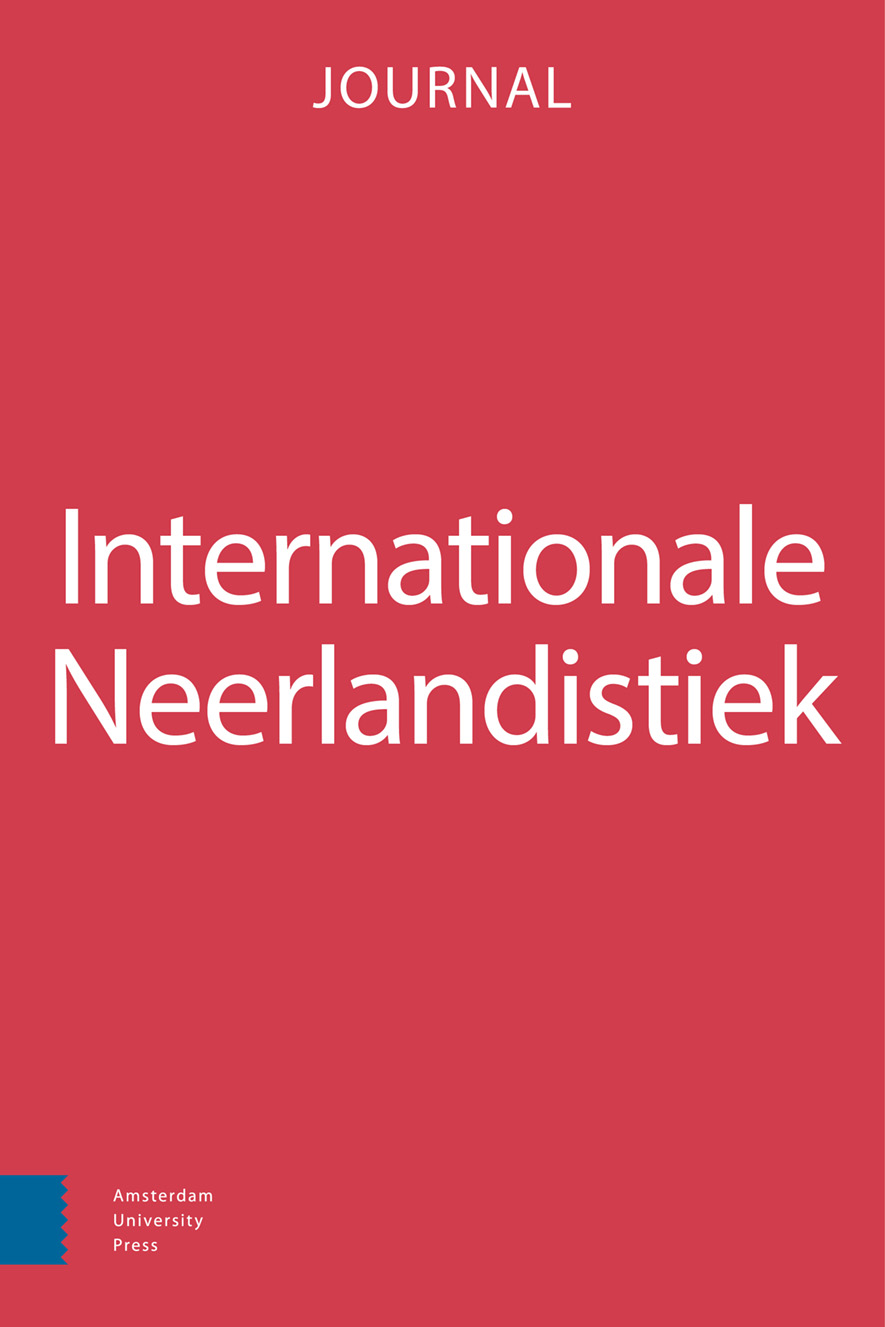-
OAHardnekkig erfgoed
Een analyse van 30 mei 1969 als emerging memory in de Nederlandse postkoloniale literatuur
- Amsterdam University Press
- Source: Internationale Neerlandistiek, Volume 58, Issue 2, jun. 2020, p. 105 - 121
-
- 01 jun. 2020
Samenvatting
In the history of Curaçao, the 30th of May 1969 plays an important role. On this day, black workers of the Dutch company Shell decided to strike against unfair wages and racial inequalities that dominated the company. The day ended in a tragedy: two people got killed by police bullets, parts of the capital Willemstad burned down in flames and the Dutch military was called into action. Since then, this day has functioned as a starting point for political debates on Dutch colonialism and as a catalysator for movements of black awareness on Curaçao. This article shows that the Dutch cultural memory of the 30th of May 1969 has been ‘compartmentalized’ and is therefore an ‘emerging memory’. It argues that the date seems forgotten in Dutch cultural memory, but has in fact reappeared in fragmented form through literature. An analysis of Dutch literary remembrances of the 30th of May 1969 shows that the Dutch cultural memory of Curaçao conflicts with a national self-image. Therefore, the colonial past of Curaçao is still not considered as a part of national history.


